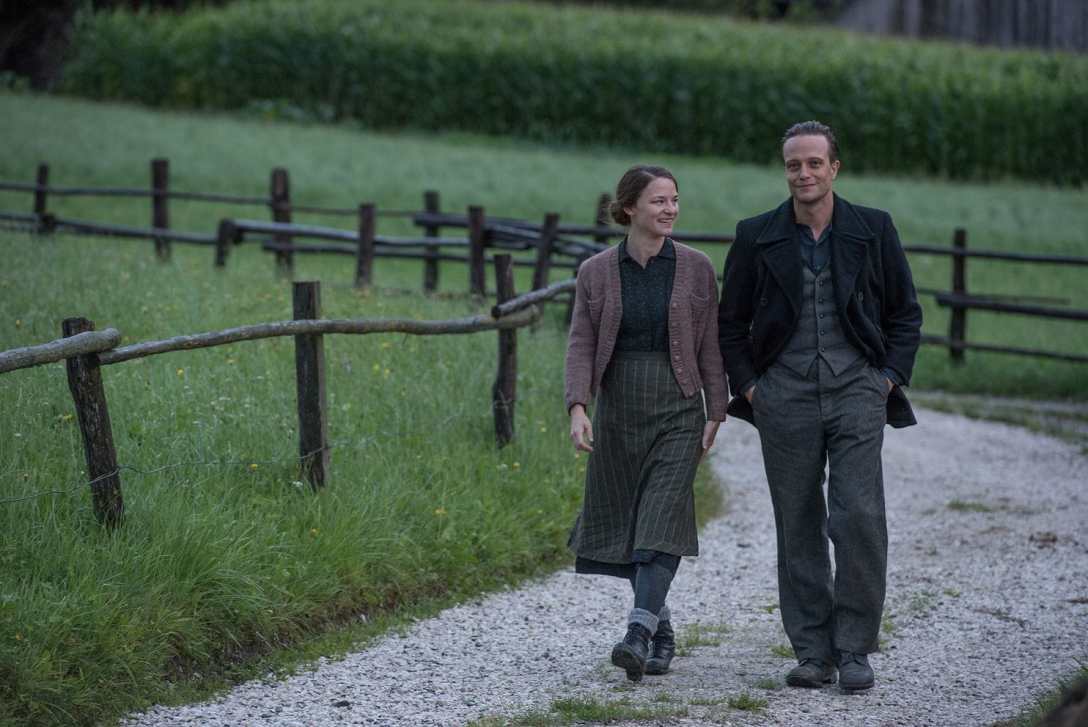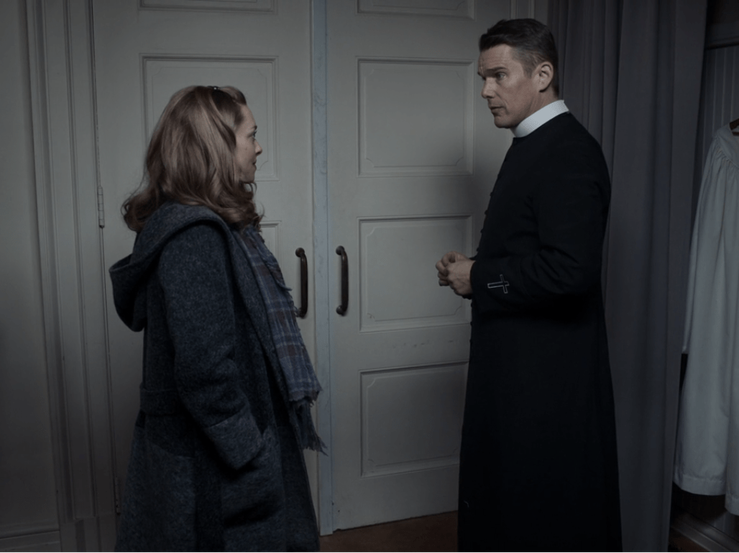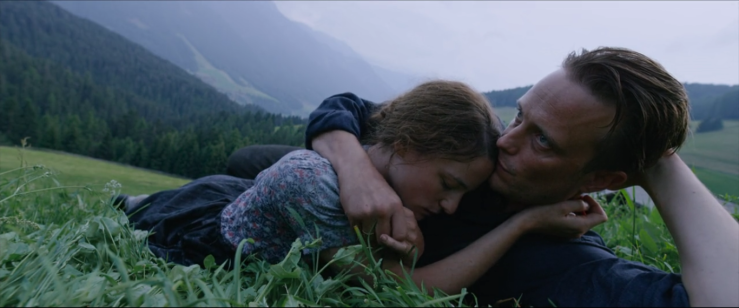My Top 5 “christian” Films; on “christian” Films Pt. 2
By Fritz Melodi
In an earlier blog post, I wrote a piece that tried to give a theology of beauty applied to films. I cited theologian Hans Urs von Balthasar’s theology to indicate how the beautiful is objective in the way that film as art, skillfully embodies the True (reality), the Good (ethics/morality), and the Beautiful (aesthetics/fittingness). Here I’ll try to list my favorite films that explicitly explore the Christian faith as a main theme or subject. Thus I am necessarily avoiding those films that are interpreted to have latent Christian theological meanings, such as “The Matrix” (Neo as Christ-figure) or “The Lord of the Rings” (Gandalf as Prophet, Frodo as Priest, Aragorn as King). These films are good examples of popular art, but for this blog post, my concern are films that deal directly with the Christian faith. 1. First Reformed (2017) Director: Paul Schrader; Starring: Ethan Hawke and Amanda Seyfried. First Reformed tells of Rev. Ernst Toller (Hawke), a pastor beset with his own brokenness, leads a struggling Dutch Reformed Church in New York. When Rev. Toller counsels Mary (Seyfried), a young pregnant parishioner and her husband Michael, Toller is forced to come to terms with the complex structural realities of sin entangled with the megachurch he is in financial partnership with.
2. Calvary (2014) Director: John Michael McDonagh; Starring: Brendan Gleeson. In Ireland, an unknown voice inside the confessional tells Father James (Gleeson) that he will be killed in one week. The person “confesses” to him that at 7 years old, he was sexually abused by a priest for 5 years. For this reason, Fr. James, as a good priest will have to die for the sins of other abusive priests. Despite the threat, Fr. James, continues to go about his parish visiting and counseling the all too messy lives of his parishioners portrayed in black comedy. As the title suggests, the film parallels Christ’s final week leading to his sacrificial death at Calvary. It is a picture of a Church that is now wrecked with sexual and financial abuses, but is contrasted by its faithful pastors, who imitate Christ and continue to mediate grace to a broken world. 3. Silence (2016) Director: Martin Scorcese; Starring: Andrew Garfield, Adam Driver, Liam Neeson. Based on the acclaimed novel by Shusaku Endo, Silence tells of two Portuguese Jesuit priests, Fr. Sebastiao Rodrigues (Garfield) and Fr. Francisco Garupe (Driver) on a mission to find and bring back their mentor Fr. Cristovao Ferreira (Neeson) who is rumored to have apostatized. Set in 17th century Japan, the film paints the suffering of Japanese converts, the kakure Kirishitan (“hidden Christians”) in Nagasaki who are facing persecution from the Tokugawa shogunate. The film explores the disturbing tension between faith, guilt, and suffering in light of God’s seeming silence from the point of view of Fr. Rodrigues. 4. The Mission (1986) Director: Roland Joffe; Starring: Robert De Niro, Jeremy Irons, Liam Neeson. Jesuit missionary Fr. Gabriel (Irons) begins a mission station among the Guarani tribe where he encounters Rodrigo Mendoza (De Niro), a slave trader who abducts and enslaves the indigenous population for the colonial plantations. After killing his own brother in jealous rage, Mendoza is imprisoned but is later acquitted. Sensing his need for a new life, he follows Fr. Gabriel and the Jesuits to the mission among the Guarani, eventually becoming a Jesuit himself. The mission is eventually threatened when the area would be handed over to the Portuguese who plans to enslave the Guarani. With the imminent arrival of European colonizers, Fr. Gabriel and Mendoza has two different responses, with the one, more consistent with the life of Christ. 5. A Hidden Life (2019) Director: Terrence Malick; Starring: August Diehl, Valerie Pachner. Based on the surviving letters of Franz and Fani Jagerstatter, A Hidden Life is a story of Franz’s (Diehl) quiet and steady refusal not to swear the Oath of Allegiance to Adolf Hitler, because of his Christian faith. As the Nazis annexed Austria, Franz is eventually imprisoned for refusing to join Hitler’s army, while Fani is ostracized in the small farming village of St. Radegund. While in prison, physically and psychologically tortured, Franz is told that his resistance will mean nothing, since nobody will even know of his actions. But for Franz, drawing from the love of Fani and their common faith, he says, “…I can’t do what I believe is wrong.” The film, in typical Malick style, is slow and introspective. It is a powerful depiction of the hidden, quiet, and ordinary lives of people who do good not for the spotlight but because “Christ’s life is a demand”.
Honorable mentions: The Prince of Egypt (1998), The Passion of the Christ (2004), Kingdom of Heaven (2005), Fury (2014).
|
.
Any original material on these pages is copyright © BishopAccountability.org 2004. Reproduce freely with attribution.


